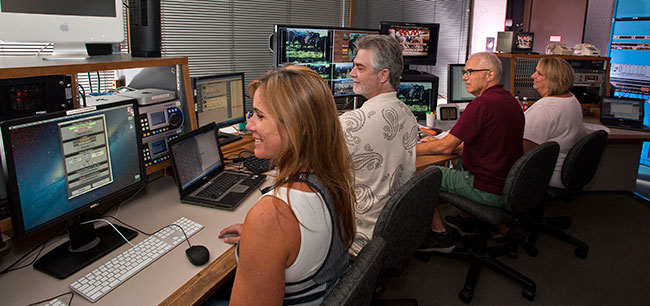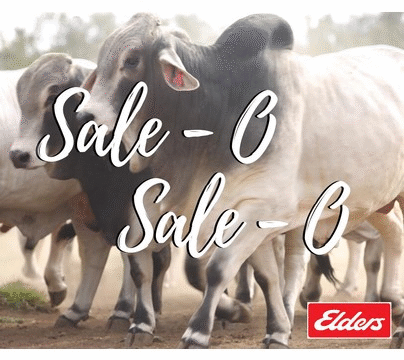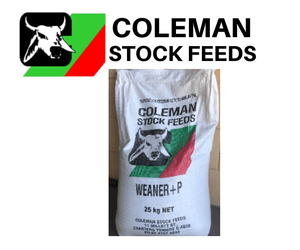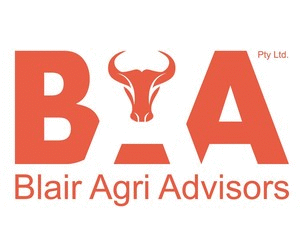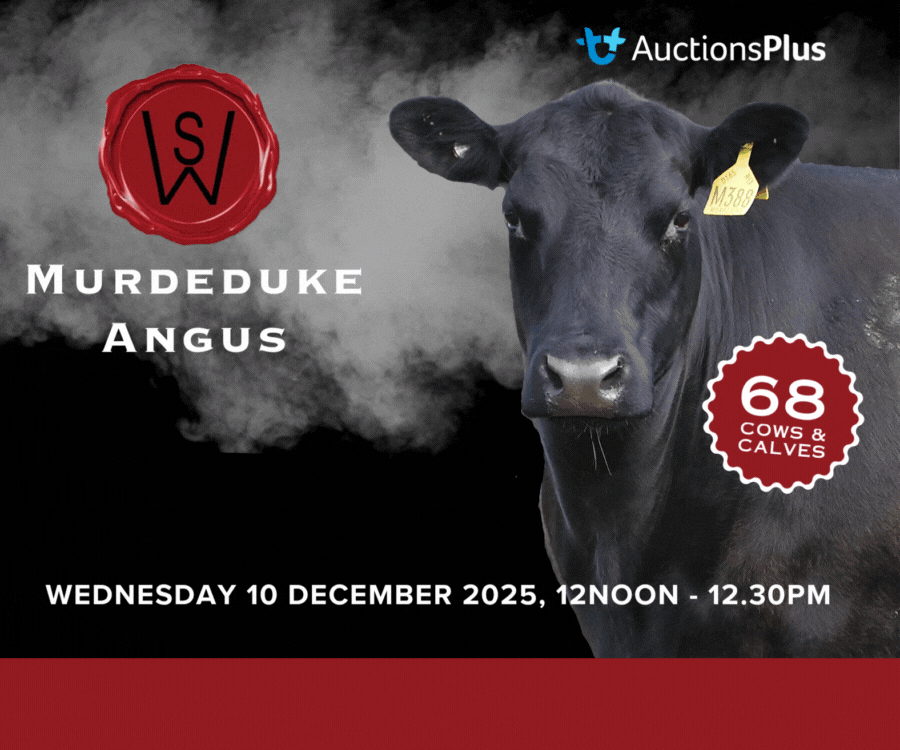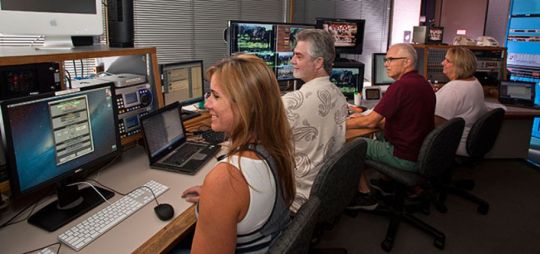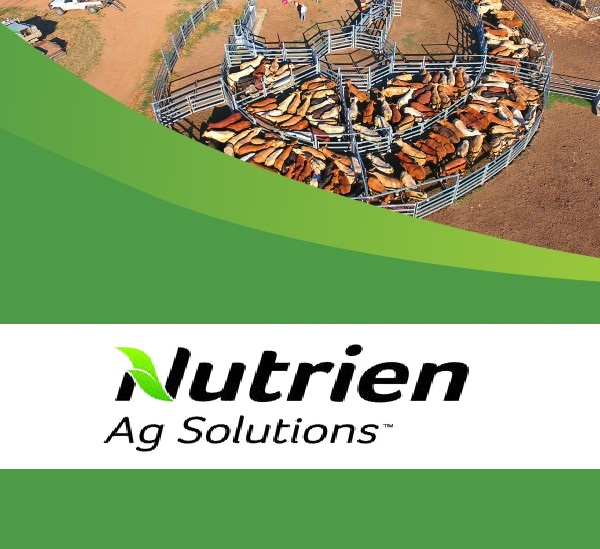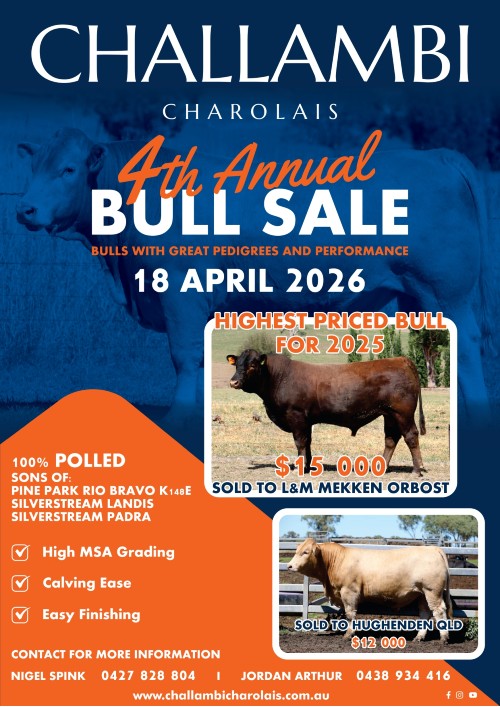Online cattle auction aims to shake up U.S. meat market.
Producers have been worried for years.
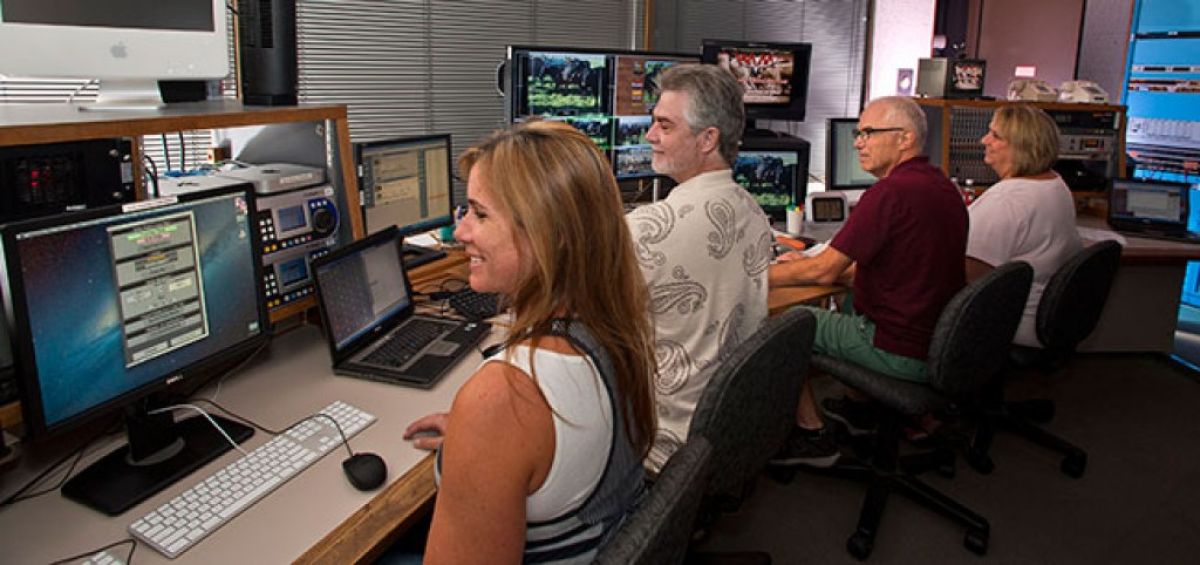
Online cattle auction aims to shake up U.S. meat market
A proposal for an online auction that could shake up the U.S. pricing model for cattle is set to make its public debut on Friday after a test run last week, with the support of a unit of the world's largest meatpacker.
Producers have worried for years that the country's existing method for pricing cattle headed to slaughter can undervalue animals because it is based partly on a declining market of cash sales that are concentrated in certain geographic areas.
A setback in prices from record highs reached in 2014 has recently refocused attention on efforts to improve the model, and a change could affect what consumers pay for steaks and burgers.
Ed Greiman, chair of the National Cattlemen's Beef Association's Cattle Marketing and International Trade Committee, said he observed a trial run of an online auction that included representatives of major meat packers.
Jordan Levi, managing partner for Arcadia Asset Management in Oklahoma City, organized the auction with the involvement of Mike Thoren, chief executive officer of JBS Five Rivers, a feedyard owned by meatpacking company JBS SA, Greiman said.
Levi and Thoren could not immediately be reached for comment. Greiman spoke to Reuters on the sidelines of a cattlemen's association event.
Other auctions already exist for cattle, but the online auction hopes to attract animals from some of the nation's larger feedyards, Greiman said. No cattle changed hands in the trial auction, and details of how an actual auction would be run are still being developed, he said.
The cattlemen's association will discuss the initiative on Friday at its annual meeting in California, said Colin Woodall, senior vice president of government affairs. A study on the drop-off of cash sales that the association commissioned from a Colorado State University professor is due to be completed this spring.
Greiman and Woodall said the decline of cash sales is back in focus because cattle prices have fallen.
Cash sales, in which producers and packers negotiate for cattle a few weeks before they are killed, have declined as producers have increasingly locked in prices months in advance. Still, prices for the advance sales are usually determined partly by average prices in the cash market.
Some producers said the shrinking cash market contributed to unprecedented volatility in cattle futures late last year because futures traders sometimes look to cash sales for cues on prices.
Terry Duffy, executive chairman of exchange-operator CME Group Inc, will address concerns about volatility at the cattlemen's meeting later on Friday.
Source Reuters SAN DIEGO | BY TOM POLANSEK
